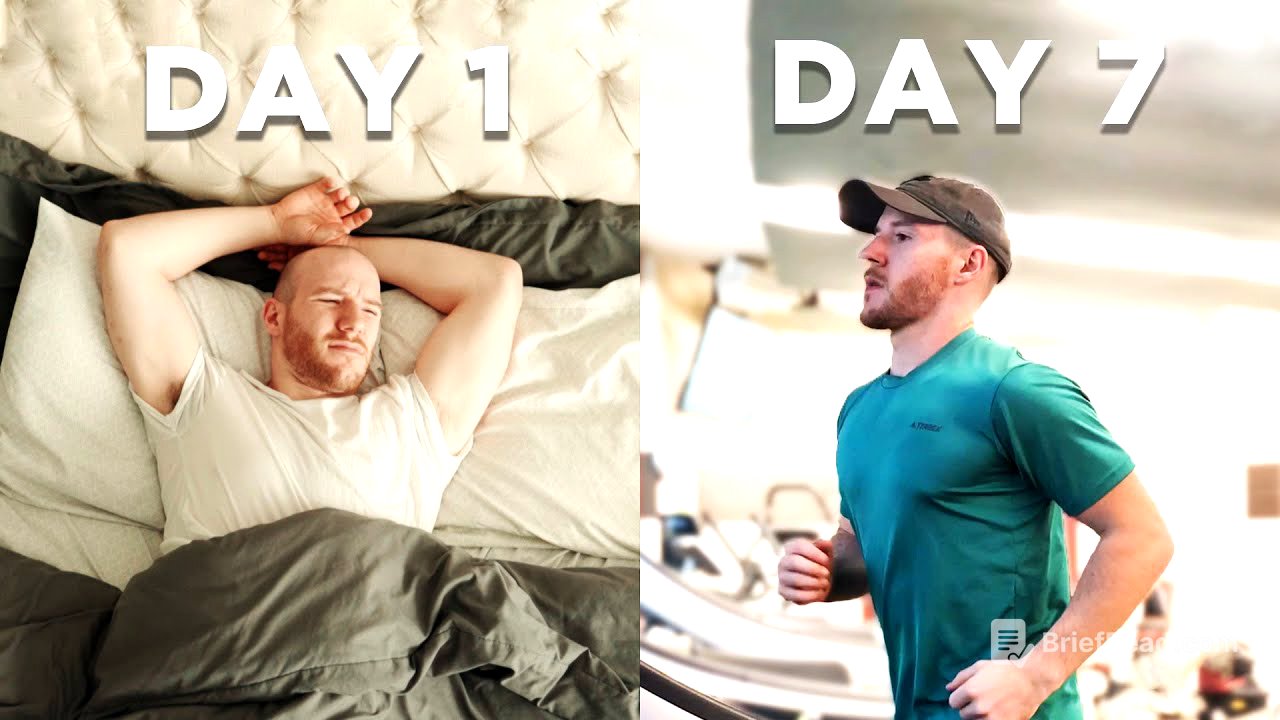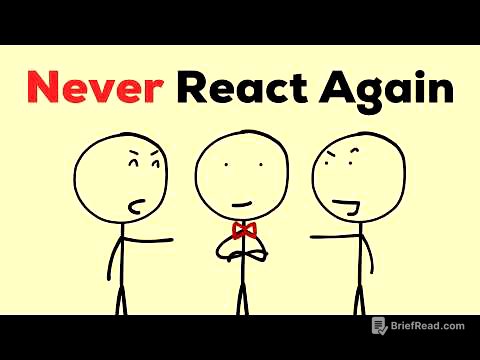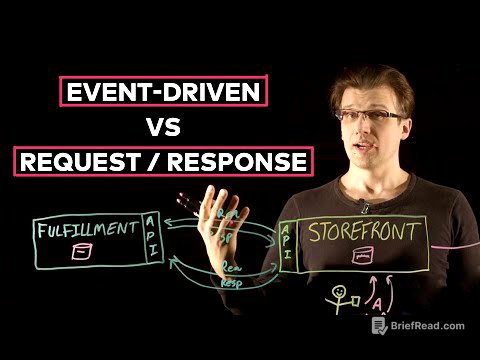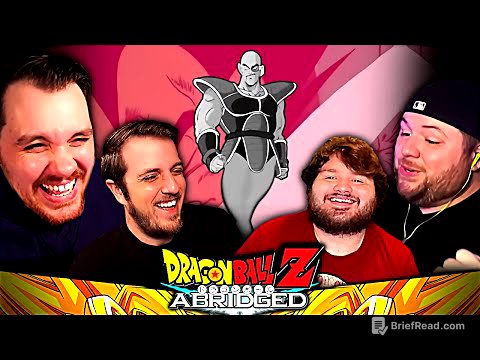TLDR;
This video provides practical strategies for overcoming periods of low motivation and productivity. It emphasizes the "do something" principle, rewarding small wins to engage the primal brain, and using progressive overload to gradually build momentum. The video also highlights the importance of self-compassion and managing expectations for sustained success.
- Utilize the "do something" principle to initiate action even without motivation.
- Reward yourself for small wins to positively reinforce behavior.
- Implement progressive overload to gradually increase productivity.
Introduction [0:00]
The video starts by describing a common experience: a period of high productivity followed by a slump where motivation disappears, and even simple tasks feel difficult. This lack of motivation can spread to other areas of life, leading to skipped gym sessions, unhealthy eating, and increased time spent on unproductive activities. The video aims to provide practical strategies to break out of these ruts and regain productivity. It is clarified that the advice is not a substitute for professional therapy for clinical depression, and that the strategies are based on personal experience.
The "Do Something" Principle [1:51]
The first strategy is the "do something" principle, which serves as a catalyst for action when motivation is lacking. Instead of waiting for inspiration, this principle suggests initiating action to generate motivation. The video explains that inspiration, motivation, and action form a continuous loop, and one can start at any point. Even small, monotonous actions like brushing teeth can create momentum for further action. For example, instead of feeling overwhelmed by a large essay, one can simply commit to opening the document and writing for one minute.
Reward Small Wins [3:51]
The second strategy involves rewarding oneself for small wins, especially when in a vulnerable state. This is important because the brain has two sides: a primal side responsible for motivation and emotion, and a logical side located in the prefrontal cortex. The prefrontal cortex needs to negotiate with the primal side, and being too strict can lead to resistance. Rewarding small actions, like brushing teeth or cleaning the kitchen, acknowledges the effort and encourages further action. Even if the logical side of the brain feels that more should be done, it's important to take a break and enjoy the accomplishment.
Progressive Overload [5:51]
The third strategy is progressive overload, similar to the concept of gradually increasing weight in strength training. Instead of oscillating between intense productivity and self-destructive periods, one should aim to gradually build a more productive lifestyle. This involves setting realistic goals and comparing oneself to their past self rather than others. For example, a seven-day plan to escape a rut is more achievable than trying to become productive overnight. Each day, one should aim to do a little more than the previous day, fostering agreement between the logical and primal sides of the brain. Managing expectations, being patient, and fostering communication between different parts of the brain are crucial for long-term success.
Skillshare Sponsorship [7:31]
The video includes a sponsorship message from Skillshare, an online learning platform offering thousands of classes on various topics. The speaker mentions taking Thomas Frank's productivity masterclass on Skillshare, which helped him realize the importance of reducing friction in the process of being productive. Skillshare is offering a two-month free trial to viewers, providing unlimited access to all classes.
Conclusion [8:40]
The video concludes by encouraging viewers to like the video to help it reach others who may be struggling with motivation. Viewers are also invited to share their own strategies for overcoming ruts in the comments. The speaker mentions that increased sponsorships allow for more focus on creating high-quality content.

![[위대한수업] 나와 세상을 연결해주는 진화의 메커니즘! 위대한 수업 폴 너스 4강 요약해드려요. 진화의 메커니즘, 자연선택. great minds](https://wm-img.halpindev.com/p-briefread_c-10_b-10/urlb/aHR0cDovL2ltZy55b3V0dWJlLmNvbS92aS9EWlBWR3E3bUhtcy9ocWRlZmF1bHQuanBn.jpg)







